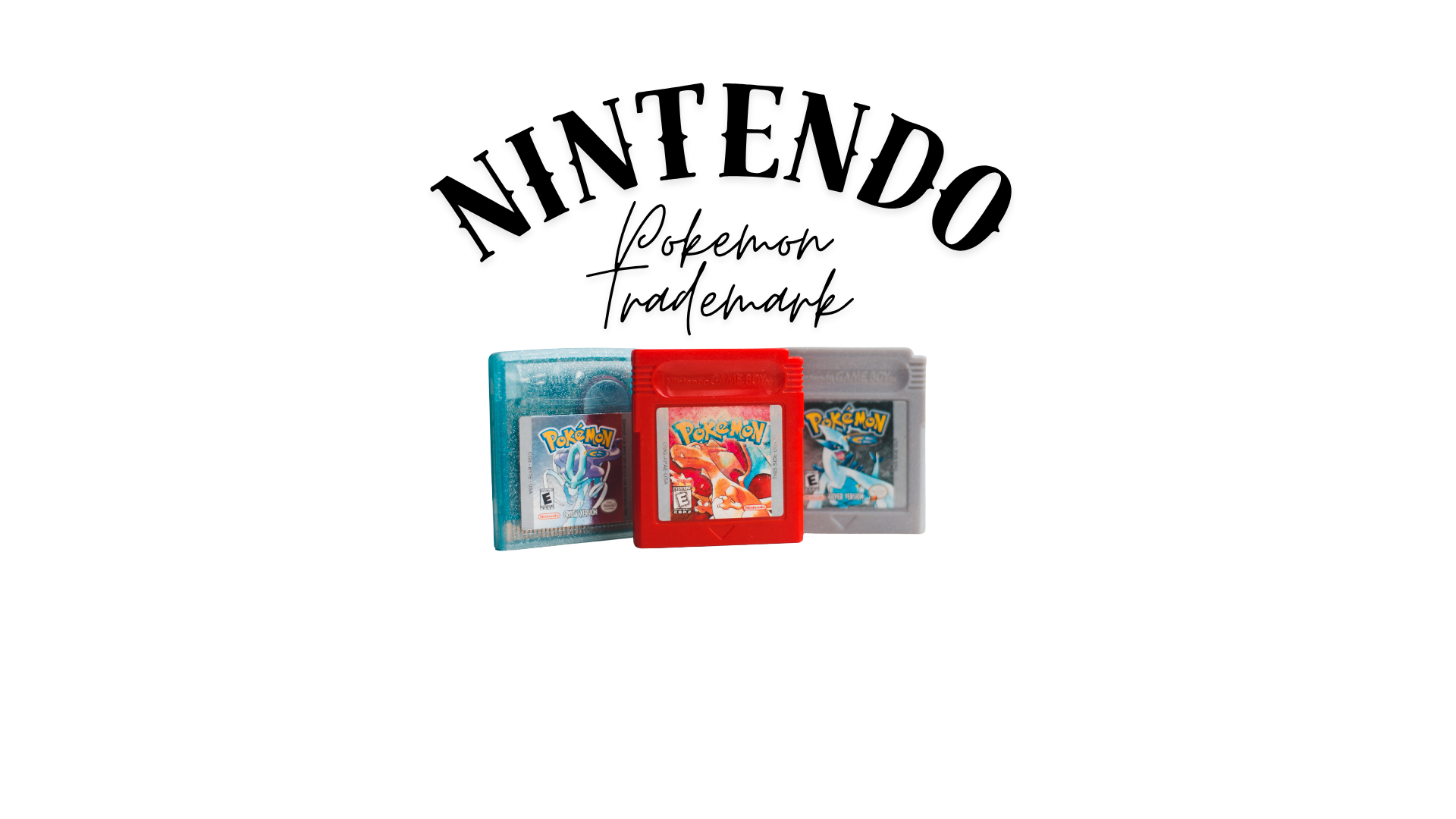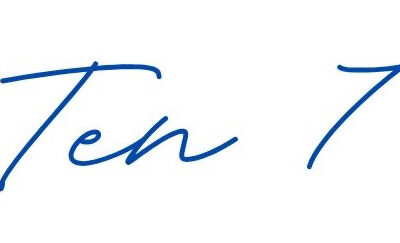When you search for “Nintendo trademark disputes” or “Pokémon legal battles,” you might not expect to find a story about how Nintendo lost trademark rights to one of its most beloved characters. Yet in 2025, the gaming giant found itself in an unprecedented situation: fighting to cancel a Jigglypuff trademark registration owned by a Chinese jewelry company. This remarkable case exposes the complex world of intellectual property law and demonstrates how even major corporations can face unexpected challenges when their trademark strategies aren’t comprehensive.
The Shocking Nintendo Trademark Gap That Led to Legal Battle
Despite Pokémon Jigglypuff being one of Nintendo’s most recognizable characters since 1996, the company never filed a federal trademark application for Jigglypuff. This critical oversight became a costly mistake when Yiwu FeiMeng Jewelry Company successfully registered the “JIGGLYPUFF” trademark in 2022 under USPTO Class 14, which covers jewelry items. The irony is unprecedented in video game trademark law: a character worth millions in licensing revenue, featured in countless Nintendo intellectual property assets, was legally owned by an unrelated jewelry business that operates thousands of miles away from Nintendo’s headquarters.
The Jigglypuff character history dates back to the original Pokémon Red and Blue games released in 1996, making this oversight nearly three decades in the making. For all these years, Nintendo has successfully licensed Jigglypuff for merchandise across multiple product categories, featured the character in Pokémon video games, trading cards, and animated series, and generated substantial revenue from Jigglypuff licensing agreements while building global brand recognition worth millions. Yet despite this extensive commercial use of Jigglypuff that spans generations of fans, Nintendo never secured federal trademark protection—a mistake that would eventually lead to one of the most unusual trademark disputes in gaming history.
Nintendo Files USPTO Trademark Cancellation: The Legal Counterattack
On April 22, 2025, Nintendo filed a trademark cancellation proceeding with the USPTO’s Trademark Trial and Appeal Board (TTAB) against Yiwu FeiMeng Jewelry Company’s registration. In their TTAB cancellation filing, Nintendo made an unusual and somewhat embarrassing admission: they listed “NONE” as their supporting trademark registration, since they don’t own federal rights to their own internationally famous character. This filing represents Nintendo’s legal counterattack in what has become a David versus Goliath story, except in this case, the small jewelry company holds the legal advantage despite Nintendo’s decades of character development and worldwide recognition.
Nintendo’s trademark cancellation arguments rest on two primary legal pillars that their attorneys hope will overcome the jewelry company’s federal registration. First, they’re claiming prior common law trademark rights based on their decades of documented commercial use since 1996, which predates the jewelry company’s registration by more than two decades. Second, Nintendo alleges non-use by the registrant, claiming the jewelry company never actually used “JIGGLYPUFF” in genuine commerce, which would invalidate their registration under USPTO requirements. In their detailed filing, Nintendo stated they have “used and licensed others to use the trademark JIGGLYPUFF with a broad variety of goods and services, including trading card games, toys, jewelry, phone accessories, clothing, and bags,” demonstrating the breadth of their commercial activities with the character.
USPTO Trademark Cancellation Process: What It Takes to Challenge a Registration
Nintendo’s case demonstrates the complex USPTO cancellation procedures required to challenge existing trademark rights, revealing a legal process that’s far more intricate than many businesses realize. The company must prove they have standing to file by demonstrating they would be damaged by the registration’s continued existence, which Nintendo can establish through their decades of Jigglypuff commercial use, extensive licensing agreements and revenue streams, clear consumer association with the Nintendo brand, and potential marketplace confusion that could harm their business interests.
The financial commitment alone is substantial, with a USPTO cancellation filing fee of $600 per trademark class when filed electronically through ESTTA (Electronic System for Trademark Trials and Appeals) (based on recent fee schedules, though applicants should verify current rates), though this represents just the tip of the iceberg in terms of total costs. The required documentation includes a verified petition stating grounds for cancellation, proof of the petitioner’s legitimate interest in the matter, clear legal grounds such as non-use or prior rights claims, and proper legal service on the trademark owner. Beyond these initial requirements, the process demands extensive legal expertise to navigate the complex procedural requirements and substantive legal standards.
Common trademark cancellation grounds that petitioners can pursue include non-use or abandonment (which forms Nintendo’s primary argument), prior rights based on earlier commercial use, likelihood of confusion with existing marks, genericness or descriptiveness of the challenged mark, and fraud in the original registration process. Each ground requires different types of evidence and legal arguments, making the selection of appropriate grounds crucial to the case’s success. Nintendo’s choice to focus on non-use and prior rights reflects their strongest available arguments given their unique position of having extensive use but no federal registration.
Trademark Trial and Appeal Board proceedings typically follow a structured timeline that can extend far longer than many expect. The process begins with petition filing, which Nintendo completed on April 22, 2025, followed by a 40-day answer period for the defendant that can be extended upon request. The discovery phase involves document requests and depositions that typically last three to six months, during which both parties can request extensive documentation and take sworn testimony from key witnesses. The trial phase requires evidence submission and legal briefs over six to nine months, followed by a TTAB decision period that can take two to four months for the final ruling on cancellation. The total expected duration ranges from 12 to 18 months minimum, with estimated legal costs reaching $15,000 to $50,000 or more per party, excluding the initial $600 filing fee.
The Jewelry Company’s Response Deadline and Strategic Options
Under USPTO trademark procedures, Yiwu FeiMeng Jewelry Company must file an answer by June 1, 2025, or risk default judgment in Nintendo’s favor. This deadline creates significant pressure for the jewelry company to make strategic decisions about how to respond to one of the world’s largest gaming companies. Their options include defending the registration with evidence of actual commercial use, which would require demonstrating genuine business activities using the Jigglypuff mark in the jewelry industry. Alternatively, they could negotiate a settlement with Nintendo, potentially involving a licensing arrangement or financial compensation that could prove lucrative given Nintendo’s deep pockets and urgent need to resolve the situation.
The least likely option involves abandoning the registration voluntarily, though this scenario seems improbable given the potential value of owning rights to such a famous character name. The jewelry company’s response will likely determine the trajectory of the entire case, as a strong defense could force Nintendo into a protracted legal battle, while a weak response or failure to respond could result in a quick victory for the gaming giant. The international nature of this dispute adds another layer of complexity, as the Chinese company must navigate US trademark law and procedures while potentially facing language and jurisdictional challenges.
Trademark Law Lessons: Why Registration Matters
This Nintendo trademark dispute offers crucial lessons for intellectual property protection that extend far beyond the gaming industry. The case dramatically illustrates how federal registration trumps common law rights in practical legal disputes. While common law trademark rights certainly exist through commercial use, federal registration provides nationwide protection versus the limited geographic scope of common law rights, legal presumption of validity in disputes that shifts the burden of proof, stronger enforcement mechanisms against infringers, and enhanced damages in infringement cases that can make litigation financially worthwhile.
The contrast between proactive and reactive intellectual property strategy becomes starkly apparent when examining the costs involved. Trademark registration costs are minimal compared to cancellation proceeding expenses, with USPTO application fees starting at $350 per class under the current 2025 fee structure (with potential additional charges for incomplete applications), while cancellation filing requires approximately $600 plus legal fees that typically exceed $15,000. The litigation risk involves uncertain outcomes and extended timelines that can disrupt business operations and create ongoing uncertainty for years.
Comprehensive portfolio management emerges as a critical business necessity, requiring major brands to implement trademark monitoring strategies that include regular USPTO database searches for conflicting applications, global trademark filing in key markets where the business operates or plans to expand, brand protection audits for intellectual property gaps that could create vulnerabilities, and trademark watch services for early conflict detection that can prevent problems before they become expensive legal disputes.
International Trademark Implications: Nintendo’s Global Challenge
This case highlights international trademark complications that modern businesses must navigate in an increasingly connected world. While Nintendo owns extensive Pokémon trademarks globally, territorial trademark rights mean that US trademark law operates independently from other jurisdictions, Madrid Protocol registrations don’t automatically cover all characters or variations, and local trademark strategies are essential for comprehensive protection in each market where a company operates.
The international dimension of this dispute creates additional complexities, as Nintendo must pursue their case under US law while dealing with a foreign defendant who may have different legal traditions and expectations. The enforcement of any eventual judgment could prove challenging if the jewelry company lacks substantial US assets, and the precedent set by this case could influence how other international businesses approach US trademark filings for characters and brands developed elsewhere.
What This Means for Video Game Industry Trademark Strategy
The Nintendo Jigglypuff case sends shockwaves through gaming industry IP practices, forcing companies to reconsider their approach to character protection and trademark strategy. Industry best practices moving forward will likely include character-by-character trademark filings for major franchises rather than assuming that umbrella brand protection covers all elements, comprehensive trademark audits of existing portfolios to identify gaps like the one that caught Nintendo, proactive registration strategies for new character introductions that secure protection before public disclosure, and regular monitoring of competitor and third-party filings that could create conflicts.
The potential industry impact extends beyond Nintendo, as other gaming companies are likely reviewing their intellectual property portfolios for similar gaps that could create vulnerabilities. Major franchises like Zelda, Mario, and other Nintendo properties may face similar challenges if not properly protected, while competitors may accelerate their own filing strategies to avoid similar predicaments. The case serves as a wake-up call for an industry that has often focused more on copyright protection for code and artwork than on comprehensive trademark strategies for characters and brands.
Legal Expert Predictions: Nintendo’s Chances of Success
Trademark law experts generally favor Nintendo’s position due to several compelling factors that work in the gaming company’s favor. Nintendo can present strong evidence of continuous use since 1996, extensive licensing documentation across multiple industries that demonstrates the commercial value of the character, clear consumer association with the Nintendo and Pokémon brands that would be difficult for any defendant to dispute, and apparent non-use by the jewelry company registrant that strikes at the heart of trademark law’s use requirements.
However, federal trademark law can be unpredictable, and the outcome depends heavily on evidence quality and legal strategy execution. The jewelry company could potentially argue that their registration covers different goods and services than Nintendo’s primary use, or they might produce evidence of actual use in commerce that wasn’t immediately apparent. The TTAB’s decision will likely focus on the strength of Nintendo’s common law rights versus the presumption of validity that comes with federal registration, creating a classic battle between established use and formal legal protection.
USPTO Trademark Database: How to Research Similar Conflicts
Businesses can prevent similar issues by utilizing USPTO’s Trademark Electronic Search System (TESS) to conduct comprehensive research before launching products or characters. This system allows companies to search existing registrations before product launches, monitor competitor filings in relevant classes, identify potential conflicts early in the development process, and track trademark application status during prosecution. The database provides detailed information about existing registrations, pending applications, and historical filings that can inform strategic decisions about new trademark applications.
Regular database monitoring has become essential for modern businesses, particularly those in creative industries where character names and brand elements can overlap across different companies and products. The Nintendo case demonstrates that even internationally famous characters aren’t immune from third-party registrations, making proactive monitoring and filing strategies crucial for long-term brand protection.
The Broader Business Impact: When Trademark Gaps Cost Millions
This Nintendo trademark dispute demonstrates how intellectual property oversights can create legal expenses exceeding six figures, business uncertainty during proceeding duration that can affect licensing deals and product launches, licensing complications with existing partners who may question the company’s IP ownership, and potential market disruption if the cancellation effort fails and Nintendo loses access to one of its famous character names.
The financial implications extend beyond immediate legal costs, as licensing partners may demand guarantees or reduced royalties when IP ownership becomes uncertain. Product launches could be delayed while legal issues resolve, and the reputational impact of losing trademark rights to a famous character could affect investor confidence and business valuations. For a company like Nintendo, whose entire business model depends on IP ownership and licensing, such gaps represent existential risks that demand immediate attention and substantial resources to resolve.
The $600 Filing That Could Have Prevented a Crisis
The Nintendo Jigglypuff trademark battle serves as a cautionary tale about proactive intellectual property protectionthat will likely be studied in law schools and business programs for years to come. A simple $350 trademark application (plus any applicable surcharges under current USPTO fee structures) filed decades ago could have prevented this complex, expensive legal dispute that now threatens Nintendo’s control over one of its most beloved characters. The case illustrates the fundamental principle that intellectual property law rewards those who take formal legal steps to protect their creations, regardless of how famous or valuable those creations become through commercial use.
For businesses of all sizes, the lesson is clear: comprehensive trademark strategy is essential for long-term brand protection and business success. Whether you’re a gaming giant with billions in revenue or a startup with a promising new product, proper USPTO trademark registration provides the foundation for sustainable IP protection that can prevent costly disputes and ensure continued control over valuable brand assets. The Nintendo case reminds us that even the most successful companies aren’t immune from the consequences of IP oversights, making proactive protection strategies more important than ever in today’s competitive marketplace.
The key takeaways from this landmark case emphasize that federal trademark registration provides superior protection over common law rights in virtually all circumstances, trademark monitoring prevents third-party registration conflicts before they become expensive legal battles, proactive filing costs far less than reactive cancellation proceedings, and regular IP audits identify and close protection gaps before they become business-threatening vulnerabilities.
The Yiwu FeiMeng Jewelry Company has until June 1, 2025, to respond to Nintendo’s cancellation petition. This landmark case will set important precedents for video game trademark law and character protection strategies industry-wide, potentially influencing how gaming companies approach IP protection for decades to come.
Related Articles:
- Understanding USPTO Trademark Classes and Filing Strategies
- International Trademark Protection for Gaming Companies
- Common Trademark Mistakes That Cost Businesses Millions
Keywords: Nintendo trademark dispute, Jigglypuff trademark cancellation, USPTO trademark proceeding, video game intellectual property, Pokemon trademark battle, TTAB cancellation process, trademark registration importance, gaming industry IP protection





